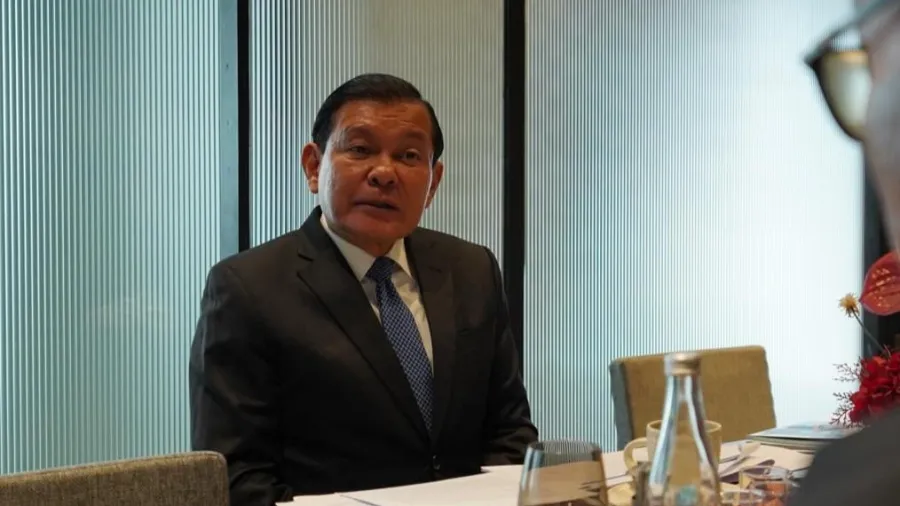
Citibank expects increased funding for Indonesia’s infra, energy sectors
President Prabowo’s infrastructure projects present opportunities for investors and banks.
Citibank N.A., Indonesia expects heightened financing in the local public works and renewable energy sectors, in line with President Prabowo Subianto’s vow to boost state support for these industries, according to its top official.
These policies could spur increased foreign investment, CEO Batara Sianturi told Asian Banking & Finance in an interview. “Prabowo’s focus on self-reliance and economic transformation aligns well with our strategy to support Indonesia’s development through global banking solutions,” he added.
Sianturi expects the new government to introduce “reinforced financial and energy policies to bolster trade and investment partnerships between Indonesia and international relationships, including with the US, fostering enhanced economic cooperation and growth opportunities for our clients.”
Citibank earlier this year served as a joint bookrunner for Indonesia’s $23b three-tranche global Sukuk issuance including a 30-year green Sukuk bond to support sustainable development goals.
Southeast Asia’s biggest economy is targeting 8% annual growth during Prabowo’s five-year presidency and will build on the downstreaming policies started by his predecessor to process more of Indonesia’s raw materials domestically rather than exporting these in unrefined forms.
Prabowo’s broader fiscal policy includes ambitious spending plans on infrastructure, defence, and the salaries of government workers.
The continuation of Indonesia’s large infrastructure projects provides opportunities for foreign investors, particularly in construction, logistics, and energy, according to Steptoe LLP, a Washington, DC-based international law firm.
But substantial risks remain, such as Prabowo’s aggressive fiscal spending on social programs like the free school lunch initiative, which raises concerns about the sustainability of Indonesia’s public finances, it said.
“If revenue-boosting measures, such as tax reforms, fail to keep pace with spending, Indonesia could experience growing budget deficits, which could dampen investor confidence and impact economic stability,” it added.
Meanwhile, US President-elect Donald Trump’s return to the White House presents both opportunities and challenges, and Citibank is improving cost efficiency and keeping its robust liquidity amid volatile markets, Sianturi said.
“Trump’s fiscal policies, including aggressive spending and potential rate cuts, signal short-term opportunities for growth but raise concerns about inflation, budget deficits, and currency volatility,” he said. “A stronger dollar could put emerging market currencies, including the rupiah, under pressure.”
The US Federal Reserve’s projected 50-basis-point rate cut in December could bring liquidity opportunities as other central banks follow suit, he added.
But the continued US-China trade war, including Trump’s vow to impose a 60% tariff on Chinese imports and 10% for the rest of the world could slow global trade and intensify economic challenges in Asia, Sianturi said.
Rising oil prices due to geopolitical tensions especially in the Middle East and deteriorating US-China relations could add pressure to global trade and energy markets. Prabowo’s policy to cut dependency on imports and strengthen domestic industries could initially strain foreign trade dynamics.
“As a global institution, we are positioned to mitigate risks while leveraging opportunities arising from these shifts,” Sianturi said.
The CEO said technology and client-centric solutions remain a cornerstone of Citibank Indonesia’s strategy. The bank would continue to empower its clients with innovations such as electronic trade loans and a focus on digitising services.
“We provide our clients with global insights and technology, enabling them to stay ahead in a rapidly changing world,” Sianturi said.
Citibank Indonesia’s net income rose 14% in the second quarter to $82.1m (Rp1.3t) from a year earlier, driven by lower operating expenses that led to an improved cost-to-income ratio of 39.5% from 59.5%. Its capital adequacy ratio also increased to 36.2% from 28.7% in the previous year.

















 Advertise
Advertise













